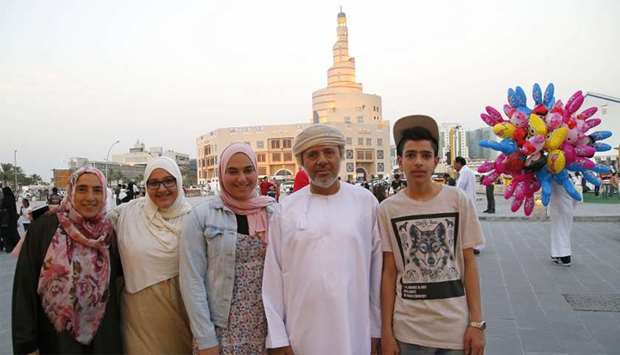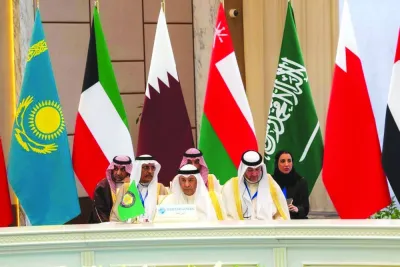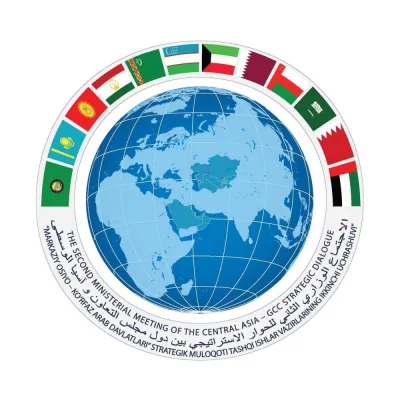Rather than inciting divisiveness among GCC nations, Saudi Arabia should take the lead in uniting Arab Gulf states, said a visiting tourist from Oman, who expressed dismay over the ongoing rift between Qatar and some of its regional neighbours.
“Gulf states are like one family and are interconnected socially, historically and geographically, among many other aspects, which is why it is very unfortunate that our big brother, Saudi Arabia, is part of this exercise," Omani citizen Ahmed Mohamed Rashid said at Souq Waqif.
“Saudi Arabia should be the leader of conciliation, harmony and peace; as the big brother, it should absorb these issues and come up with the necessary solutions,” Rashid said, stressing that disagreements among GCC states “must be preceded” by dialogue or negotiations before any “sanction or extreme measures are taken”.
“But unfortunately, it is puzzling for us to see what is happening. It is a big surprise … normally, an embargo comes if discussions or negotiations fail; but what we’re seeing today is quite the opposite,” he lamented.
Rashid stressed that the issues against Qatar “should have first been presented before a body for conflicts resolution”.
“The issues against Qatar should have been presented first in ministerial councils or in a summit among GCC leaders.
"The Gulf Co-operation Council was formed as a means to address outside threats against Gulf states. But today, it is unfortunate that the threats are coming from within and not externally. Oman has always distanced itself from these kinds of conflicts ... Oman says ‘we are impartial and want to resolve things using peaceful means’. There is no need for issues to escalate,” he pointed out.
Rashid said such geopolitical rows are "very unfortunate because they are happening at a time when the GCC in general, and Saudi Arabia in particular, are facing serious internal and external threats.
“There are outside threats such as the war in Yemen and Syria, as well as the Israeli-Arab conflicts, and the need to address these issues should bring the GCC together. But unfortunately, we are facing internal threats, which are very serious and are destroying the fabric of unity among Gulf states as a family. We feel very sorry.”
Despite his disappointment, Rashid expressed optimism that the Gulf crisis would be resolved “sooner than later”. “We hope that this issue will come to a speedy and peaceful resolution. There is now a big crack inside the GCC community today, and this needs to be resolved and treated. It will take time to heal,” he added.




